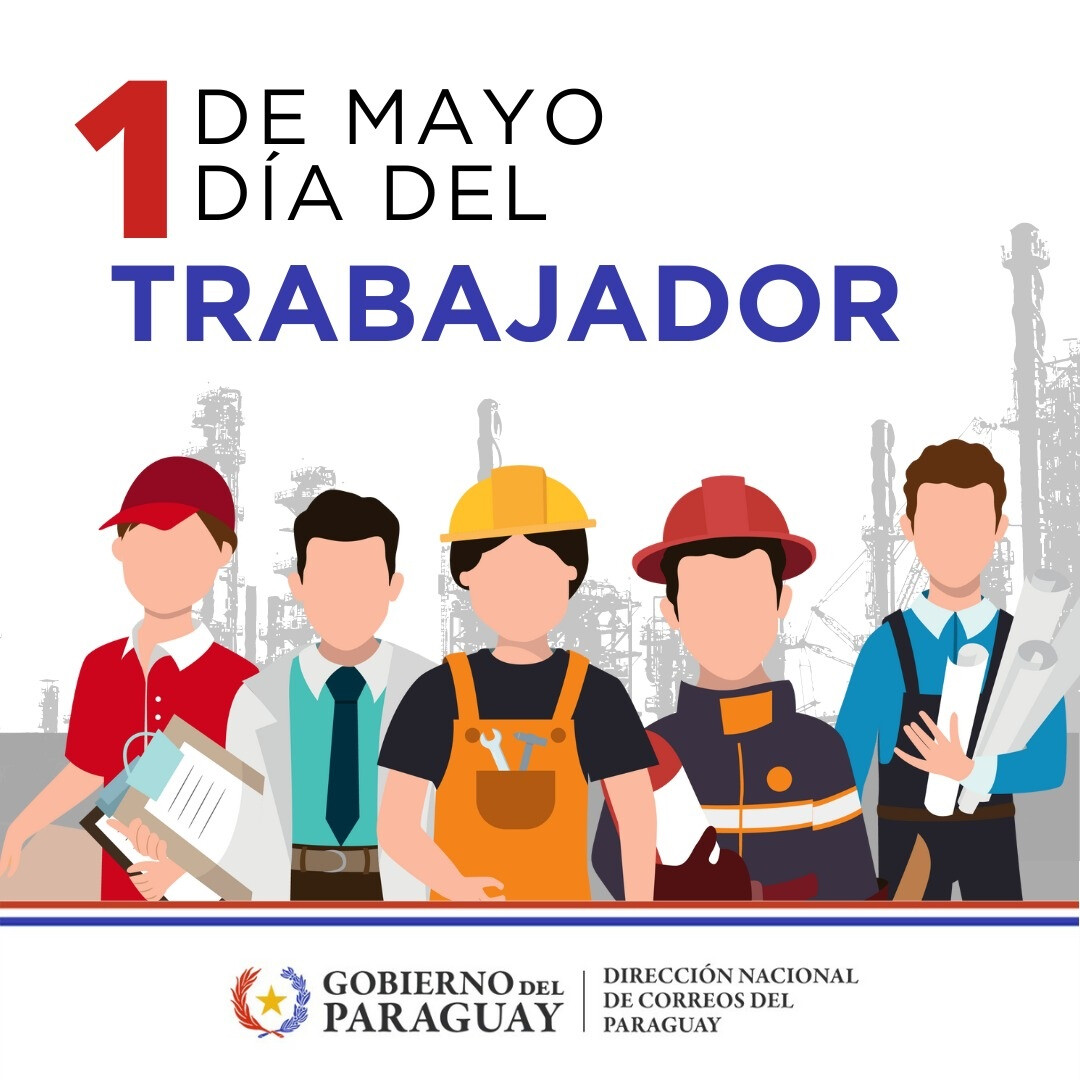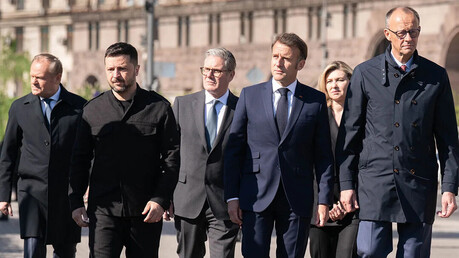
Labor and the quality of labor are closely linked to individual productivity as well as the achievement of national development goals. During elections, the political sphere is rife with pledges to win votes, but translating these promises into reality is far from easy, especially when there is a lack of accountability for establishing public policies that enable the achievement of these goals. A significant task requiring the joint efforts of various sectors is to make Paraguay a land of opportunity for all, where justice and dignity are guaranteed.
We often hear that "labor dignifies man." However, a necessary extension must be added: dignified wages also dignify workers, as do various conditions of social life. The reality in Paraguay shows that 85% of household income comes from wage labor. What is more serious is that 65% of workers are in informal employment, and about 70% earn less than the minimum wage.
The state has practically no labor policy, and the institutions that should carry out labor regulation and supervision do not provide adequate services to citizens. These institutions lack the budget appropriate for their function, and oversight activities regarding compliance with labor conditions are minimal. This is evident every time a workplace accident occurs in the country, and although alarms are raised each time, it does not lead to the establishment of necessary protection policies.
Workers cannot improve their quality of life if the state's living conditions are not ideal. Extreme insecurity on the streets lowers the quality of life, as does drug trafficking and its daily manifestation, small-scale drug dealing. Traffic congestion robs Paraguayans of their precious time, and the lack of an efficient public transportation system weakens the well-being of workers.
A particularly noteworthy institution is the Social Security Institute (IPS), established 82 years ago to be responsible for the health care and old-age security of numerous workers. However, unfortunately, the IPS, which is operated by the hard-earned contributions of workers and employers, has become a symbol of inefficiency and a hotbed of corruption, facing serious financial difficulties due to poor management. This threatens not only the dignified medical services for insured individuals but also the future of workers who dream of a comfortable retirement.
As mentioned earlier, labor dignifies workers, but if the authorities do not strive with greater responsibility and dedication to provide the basic conditions essential for well-being—such as safety, transportation, health, and education—workers will never be able to enjoy a high quality of life.
May 1st is the global commemoration of International Workers' Day. It is a day to remember the Chicago martyrs who were executed in 1886 for defending workers' rights, including the reduction of working hours (demanding an 8-hour workday against the then-common 12-16 hour days). More than 100 years later, reports from the International Labour Organization (ILO) indicate that in Latin America and the Caribbean, informal employment, gender inequality, and the difficulty of young people finding formal employment remain significant barriers to a fairer labor market.
On a day like today, it is very meaningful to recall Pope Francis's reflections on work. The Pope said, "Consider that Jesus himself worked, and he learned this craft from Saint Joseph. Today we should ask ourselves what we can do to recover the value of work, and what contribution 1 the Church can make so that work can be perceived not as a simple profit-making logic, but as a fundamental right and duty of the person, an expression of their dignity and a way to grow it."
It is important to reiterate that improving the quality of life or reducing poverty in Paraguay is impossible without job creation and improvements in the living conditions of all people.
For Paraguay to truly develop and improve the quality of life of its people, it is urgent to create dignified working conditions and establish practical policies for this purpose. This goes beyond simply increasing the economic growth rate; it is an essential task for building a society where all citizens can live a dignified life. The responsible efforts and cooperation of all stakeholders—government, businesses, labor, and civil society—are urgently needed at this time.
[Copyright (c) Global Economic Times. All Rights Reserved.]






























